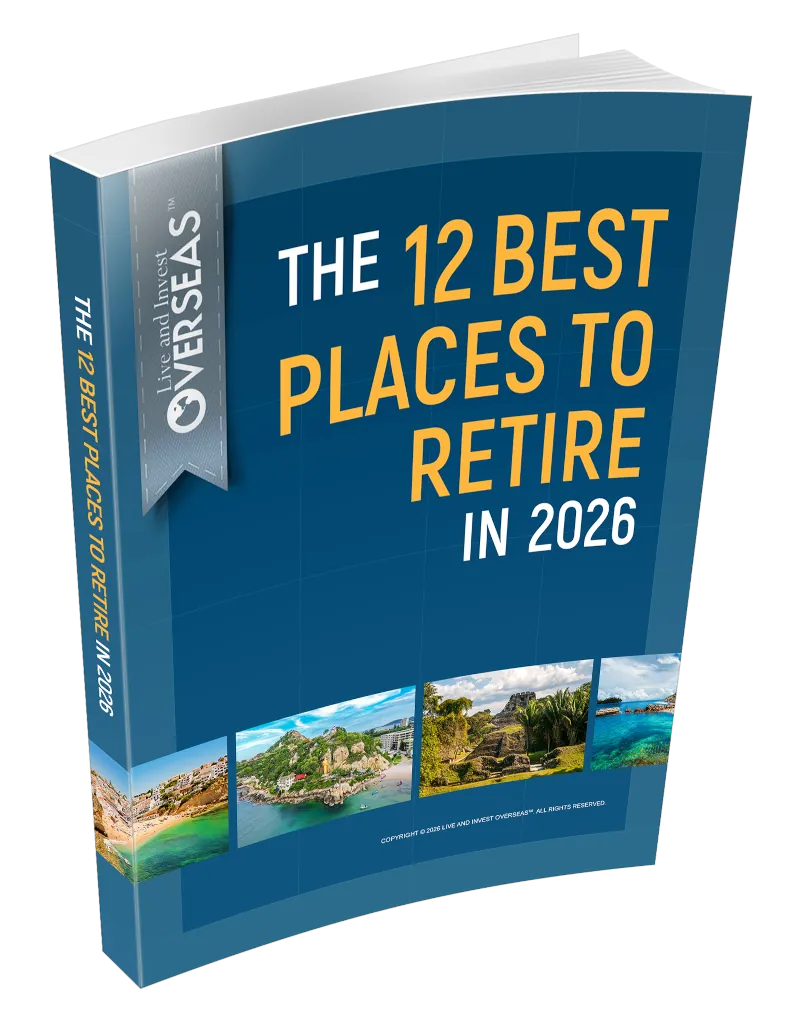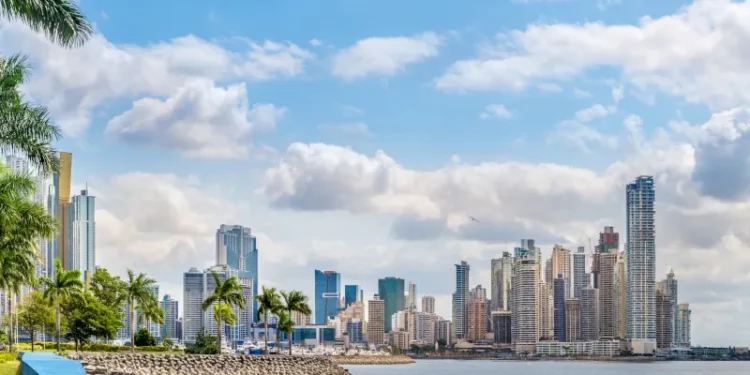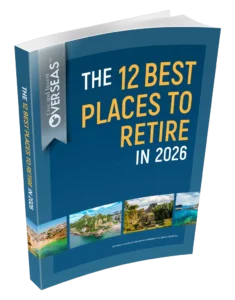Higher tariffs, shifting trade alliances, and uncertainties about economic policy create an environment where being overly reliant on U.S. assets is dangerous.
We’ve seen this risk play out before…
The dot-come bubble of the early 2000s, the 2008 financial crisis, and the COVID-19 market crash all proved how quickly U.S. stocks can become a liability.
Investors who were too exposed to a single market saw their portfolios evaporate almost overnight.
We’re entering into another era of uncertainty… and yet too many investors are still too heavily concentrated in the U.S. market.
My preferred investment class and means of achieving diversification is global property ownership.
A home in Europe or Latin America can be a place to visit on vacation or bug out to if your current location becomes unstable. It can provide income in another currency if you rent it out when you’re not using it.
But a second home or investment property abroad is far more than just a luxury. It’s a strategic move toward security and stability, providing market and currency diversification.
Global property markets don’t necessarily correlate with U.S. markets. If the U.S. market collapses or the dollar depreciates significantly, international markets may not be affected in the same way.
There’s a reason why the saying “don’t put all your eggs in one basket” was first coined…
I think about it every time an investor of any kind asks me why they should put money into property overseas when he’s making XX% return in whatever his favorite investment is at the moment.
Stocks can go to zero when a company fails… or drop significantly and never return to their previous highs.
Of course, real estate yields and values can also go up and down, just like stocks… but the fluctuations tend to be less extreme and more predictable.
There are risks involved in any kind of investment, including global property… and over the decades, I’ve met global property investors who have “lost everything.”
They all had one thing in common: overconcentration.
They were highly leveraged and invested in a single market. When that market crashed, so did their fortunes. They hadn’t used diversification to create stable portfolios.
Compare that with investors who spread their wealth across multiple asset classes and regions…
Those who own property abroad, hold foreign currencies, or allocate funds to different economies have put their eggs into multiple baskets and often weather economic storms better than those who go all-in on a single market.
If you’re currently overexposed to U.S. assets, now is the time to rethink your strategy and start making moves towards diversification.
Diversification isn’t just about making money. It’s about safeguarding the wealth that you already have.
Look beyond the U.S. market. Explore international real estate. Consider alternative investments.
In an uncertain world, stability is the best investment you can make.
With all this in mind, I’ve put together an event that’s designed to help investors achieve global diversification…
My Offshore Wealth Summit is about protecting yourself and your assets, it’s about making money and slashing your taxes, but above all else it’s about gaining true freedom…
The freedom to travel, to live your life free from tyranny, and to enjoy the best this opportunity-rich world of ours has to offer.
So, whether you’re looking to avoid what’s coming down the tracks… to set up a Plan B—just in case… or to internationalize your life for maximum fun and profit… The Offshore Wealth Summit is the answer.
Book your seat in the room, here.
Stay diversified,

Lief Simon
Editor, Offshore Living Letter










